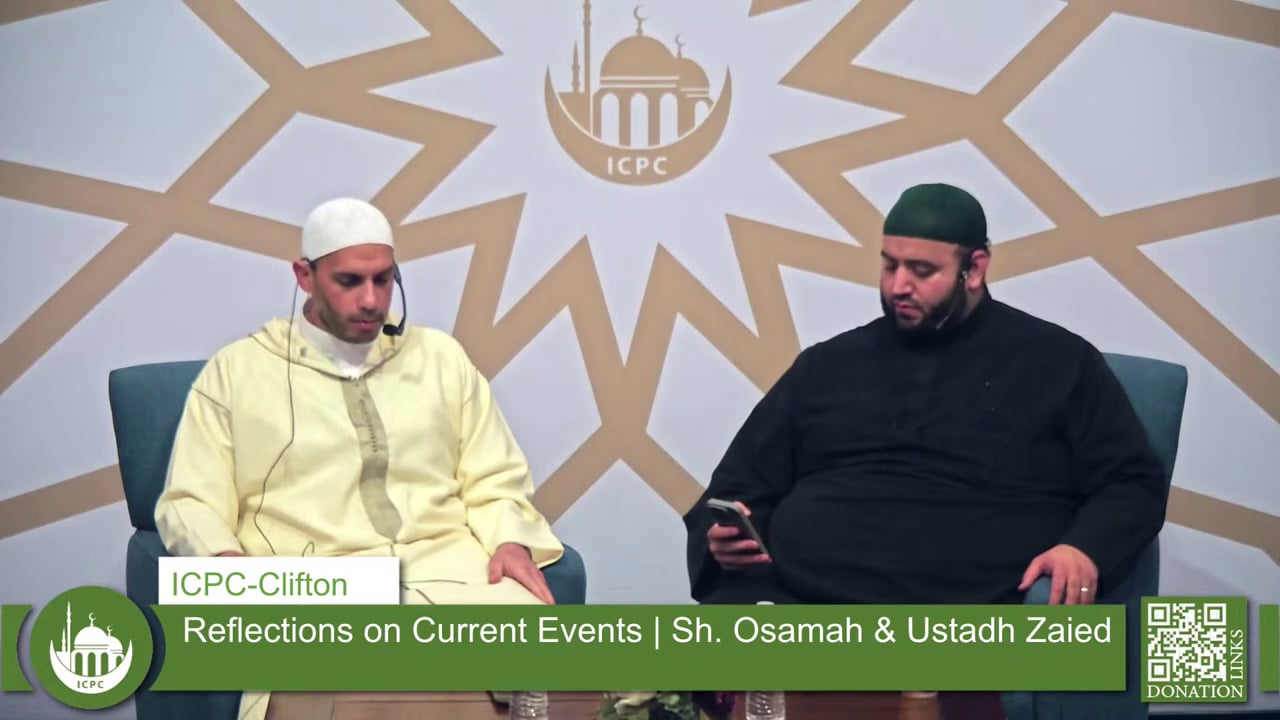
Following are excerpts from an interview with Egyptian urologist and Egyptologist Wassim Al-Sissy, which aired on Egyptian Channel 1 on September 21, 2010.
Interviewer: How do you view the world in 20 or 30 years?
Wassim Al-Sissy: The universe?
Interviewer: Yes.
Wassim Al-Sissy: I believe that the solution proposed by Alexander the Great will be realized. He envisioned one big human family, and in order to achieve this, he would command tens of thousands of weddings to be held daily, among the peoples he conquered. He was conquering everybody – Persia, India, Egypt... After all, he was Alexander the Great.
For example, an Egyptian man had to marry a Greek girl, or a Greek man had to marry a Persian girl. He himself married the daughter of a Persian king, to serve as a model for others. There were two reasons for that. He wanted to abolish tribal zeal, and to strengthen blood ties.
Historians say that if Alexander had lived to age 60 – he died at age 33... If he had lived to age 60, the world would be a different place today.
Today, the vision of Alexander the Great is beginning to come true. Europe is united, there are open borders between the Arab countries, and thus, one big human family is beginning to form. Consequently, it will no longer be written in people's passports "English," "American," or "Egyptian." It will be written "Solar" after our solar system, to distinguish it from other solar systems.
I am confident that we will open up to the entire universe. There are many studies in this respect. We are very close to a human-human system. You and I will be considered "Earthians" because we are from planet Earth. Somebody else might be a "Venusian" – from the planet Venus, or a "Martian" – from Mars. But we all belong to the solar system.
There is no doubt that the violent conflicts that we are experiencing are the labor pangs of the new world.
[...]
People think that identity is about language and that I should call myself an "Arab," but I was not born in the Arabian Peninsula, and when I go there, they make me enter through the foreigners' gate. If I am an Arab, why do I need a local kafil [in order to work there]? The truth is that I am an Egyptian who speaks Arabic.
Therefore, identity is not about language. If it were, five African countries should be considered French, because they are Francophone. And so on and so forth. Take America, for example – they speak English over there, their founders were English, and they are Christian – so why didn't they call themselves the United States of England? The land is America, and that's why they are called the United States of America. So identity has to do with the land, and not with language or religion...
Interviewer: That's why you said that many languages replaced one another in Egypt, but the identity is still called Egyptian.
Wassim Al-Sissy: Yes, even when there were different periods of occupation. For how long did the Arabs rule Egypt? For 227 years. The Romans ruled Egypt for 670 years. Did the identity of Egypt become Roman? The Greeks ruled Egypt for 300 years, from 330 BCE to 30 BCE, until the Battle of Actium. Should we say that Egypt was Greek, then Roman, then Arab, then Tulunid, then Turkish, and then English?
Interviewer: Identity is determined on the basis of the land.
Wassim Al-Sissy: Yes. I am an Egyptian, who speaks Arabic. That is what I want to make clear. Our pride...
Interviewer: So why were you misunderstood?
Wassim Al-Sissy: Because they wanted me to say I am Arab. What does it mean when we say "Egyptian"? You are an Egyptian, who speaks Arabic.
[...]
Interviewer: The Egyptian identity is very beautiful.
Wassim Al-Sissy: It is a wonderful identity, with great genes.
Interviewer: Iron-strong...
Wassim Al-Sissy: But the desert winds blowing upon us from abroad are changing Egypt.
[...]














